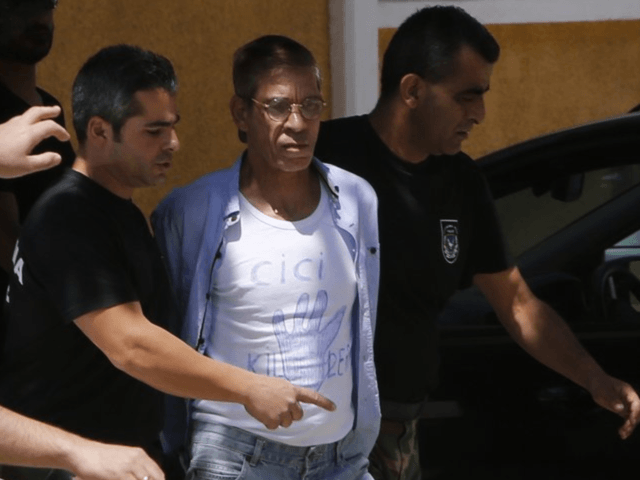NICOSIA, Cyprus (AP) — The European Court of Human Rights has blocked Cypriot authorities from extraditing an Egyptian hijacker to his homeland until it can examine the case, the Cyprus Justice Ministry and the hijacker’s lawyer said Thursday.
Lawyer Nicoletta Charalambidou told The Associated Press that the European court stayed the extradition of Seif Eddin Mustafa so it could rule on whether doing so would violate one of its articles prohibiting the return of individuals to countries where they may face torture or inhuman treatment.
Charalambidou had applied to the ECHR for the temporary halt to Mustafa’s extradition.
The Justice Ministry said in a statement that it has issued instructions for the immediate suspension of extradition procedures until the ECHR comes down with its ruling.
The ECHR decision came a few hours after Cyprus’ Supreme Court rejected Mustafa’s appeal against his extradition, ruling that there are no legal reasons for the man not to return to his homeland to face justice.
Mustafa, 60, hijacked a domestic EgyptAir flight in March 2016 using a fake suicide belt and diverted it to Cyprus. A six-hour standoff with Cypriot authorities on the tarmac of Cyprus’ Larnaca airport ended peacefully after all 72 passengers and crew were released and Mustafa was arrested.
In a unanimous decision, the five-judge Cypriot panel upheld a lower court ruling which turned down Mustafa’s defense that he may be tortured by Egyptian authorities or be subjected to an unfair trial if he’s returned.
The court in its 29-page ruling also dismissed the argument that Mustafa can’t be extradited because his political asylum claim is still pending.
Mustafa said he meant no harm to anyone, and that he was trying to expose what he called the “fascist regime” of Egyptian President Abdel-Fattah el-Sissi and to help secure the release of 63 female dissidents being held in Egyptian prisons. He also accused Egyptian authorities of torturing and killing Italian doctoral student Giulio Regeni whom he claimed he saw in an Egyptian prison.
Prosecutors said Mustafa admitted in a written statement to police that he only carried out the hijacking in order to reunite with his Cypriot family. Mustafa dismissed the written statement as “purposeful misinformation” by the Cypriot and Egyptian governments put out to discredit him.
Cyprus and Egypt have a 1996 extradition treaty.

COMMENTS
Please let us know if you're having issues with commenting.